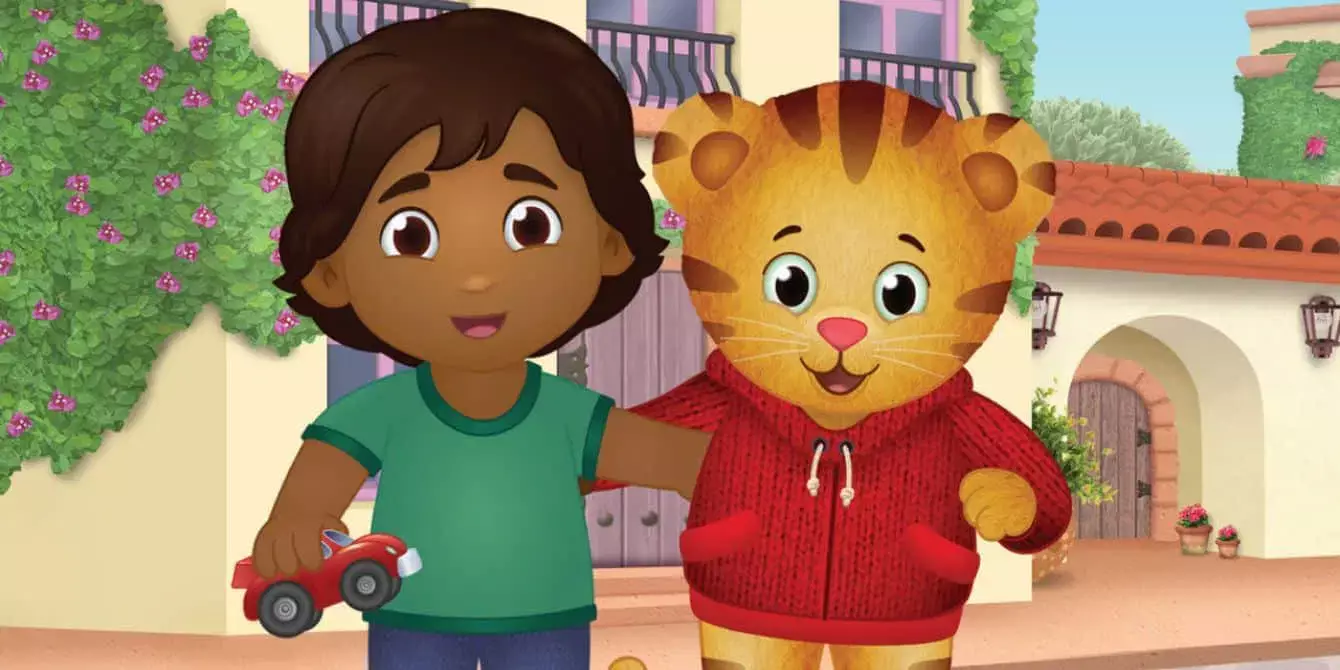In the sea of children’s programming, finding a show that both captivates the hearts of toddlers and resonates with parents is akin to striking gold. Recently, I stumbled upon a gem called “Daniel Tiger’s Neighborhood,” a delightful series that has proven to be much more than mere entertainment for my child. It was a bittersweet realization that my son’s typical viewing habits were beginning to feel repetitive and lacking in substance, driving me to search for something new and engaging that could offer educational value.
I fondly recalled the vibrant children’s shows of my own childhood — specifically, the teachable moments they embedded in their plots. With curiosity peaked, I eagerly set my son down in front of a selection of episodes on YouTube, and from that moment onward, both of us were hooked on the adventures of Daniel Tiger. The show, rooted in themes of empathy and community values, quickly revealed its profound potential for shaping young minds.
A Guilt-Free Screen Time Experience
As a parent, I grapple with the weight of screen time guilt; it’s a common struggle faced by many of us. However, “Daniel Tiger’s Neighborhood” offers a breath of fresh air as it is not merely a form of distraction; it is a platform for learning vital life lessons. Research has shown that the series actively aids children in developing essential social skills, providing a sense of relief that I’m not just passively allowing my toddler to stare at a screen.
This educational aspect of the show alleviates some of the fears I have surrounding screen time, affirming that while my son is engaged in a beloved show, he is simultaneously absorbing valuable lessons that can be applied in his everyday interactions.
One episode, “Daniel Gets Mad,” particularly stands out as a masterclass in emotional intelligence. In this storyline, Daniel and his friend Prince Wednesday are all geared up for a beach adventure, only to face disappointment when rain strikes. Rather than deeming their feelings as inappropriate, the show embraces their reactions, presenting a genuine reflection of children’s emotional responses.
The wise guidance of Mom Tiger serves as an anchor throughout the episode, illustrating the importance of handling emotions in constructive ways. With a gentle reminder, she invites the boys to take a deep breath and count to four—a simple yet powerful tactic to regain control. This moment not only teaches children how to cope with disappointment but serves as a poignant reminder to parents, showcasing that it’s perfectly acceptable to express and manage feelings, including frustration.
The narration of Daniel’s inner world resonates deeply with both adults and toddlers, prompting reflections on our own emotional regulation as parents. Observing Mom Tiger navigate her own irritation when the boys bring sand indoors is a reminder that our children learn as much from our actions as they do from the shows they watch.
The Power of Community and Connection
Another remarkable aspect of “Daniel Tiger’s Neighborhood” is its portrayal of the importance of community. The series emphasizes that every member of a neighborhood plays a vital role, from friendly mail carriers to warm-hearted bakery owners, reminding both children and adults of our interconnectedness. This unity serves as a reassuring backdrop for toddlers as they learn about the support systems that surround them.
In a world increasingly focused on individualism, the gentle reminder that it “takes a village to raise a child” is both comforting and educational. It hones in on the notion that developing social relationships and recognizing the importance of those around us is crucial, especially for young minds.
“Daniel Tiger’s Neighborhood” doesn’t just prepare our toddlers for navigating their emotions; it presents us parents with learning opportunities as well. Each episode serves as a window into the everyday challenges that toddlers face, from managing change to dealing with disappointment. What often feels like a mystery to us as parents—how to instill resilience, cooperation, and emotional intelligence—becomes clearer when watching the adventures of Daniel and his friends.
I find solace in knowing that as my child delights in the adventures offered by Daniel Tiger, we are engaging in mutual growth. Through its positive messages and relatable scenarios, this show has evidence of shaping a compassionate mindset for both of us. The experience of watching together becomes a family lesson in emotional growth and social awareness, enriching our bond in ways that go beyond just viewing a television program.
Ultimately, “Daniel Tiger’s Neighborhood” echoes a universal truth: parenting is often an unpredictable, shared journey of learning, growth, and emotional exploration. As I sit beside my little one during our joyful viewing sessions, I am grateful for this enriching show that resonates with the lessons of childhood and promotes positive parenting. Ugga mugga!

